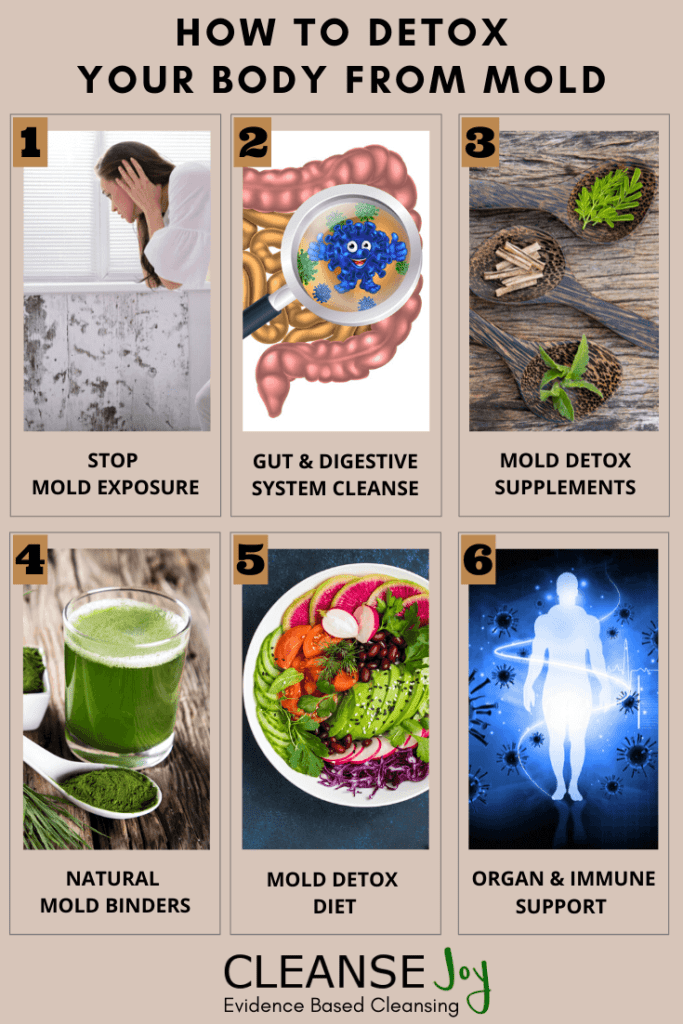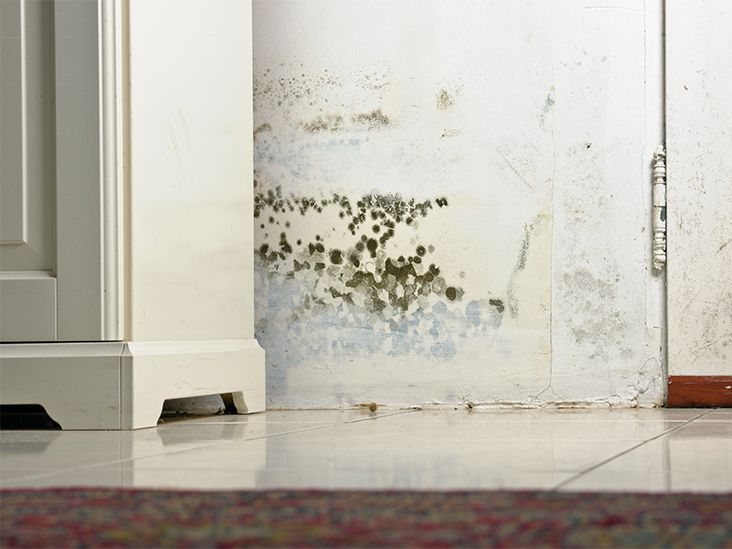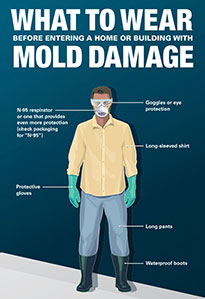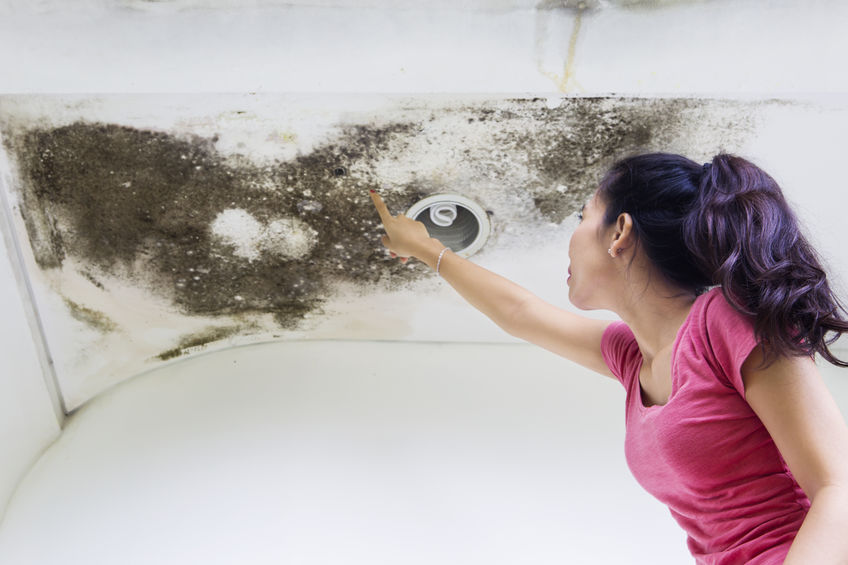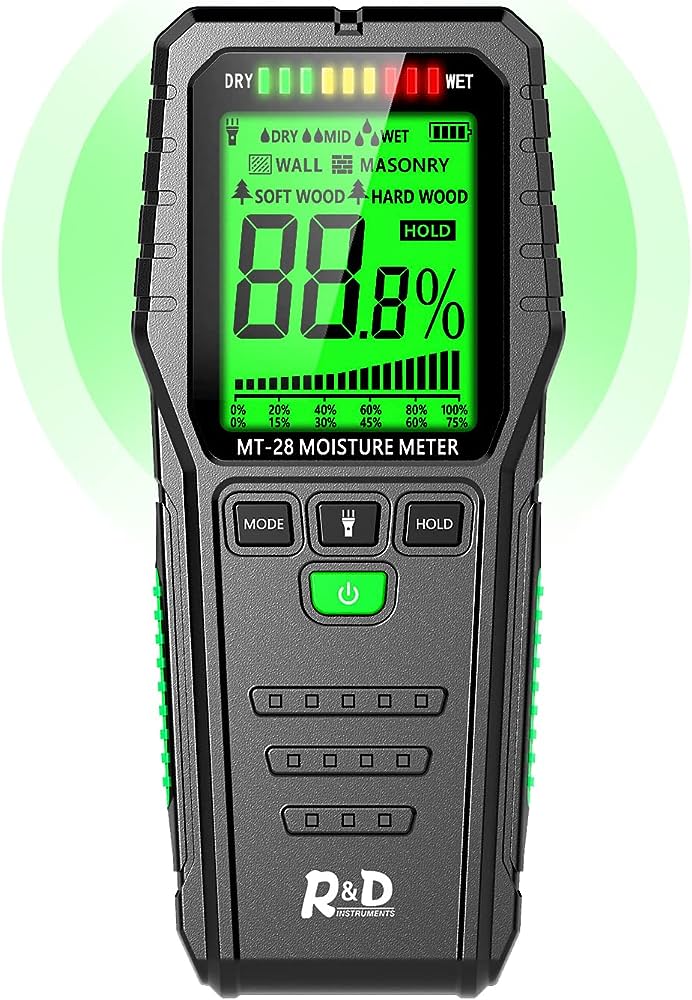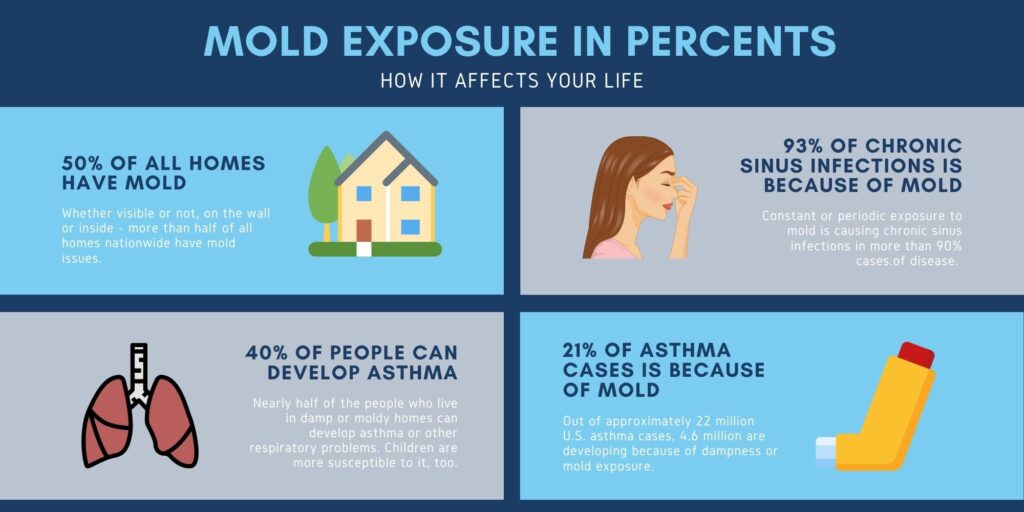Imagine finding out that your home has been infested with mold. You may be wondering just how long it will take for your body to rid itself of the harmful effects of mold exposure. Mold detoxification is not an overnight process, but rather a gradual journey towards restoring your health. This article will explore the factors that influence the duration of mold detoxification and provide helpful tips to support your body during this process. So, let’s dive in and discover how long it truly takes to detox your body from mold.
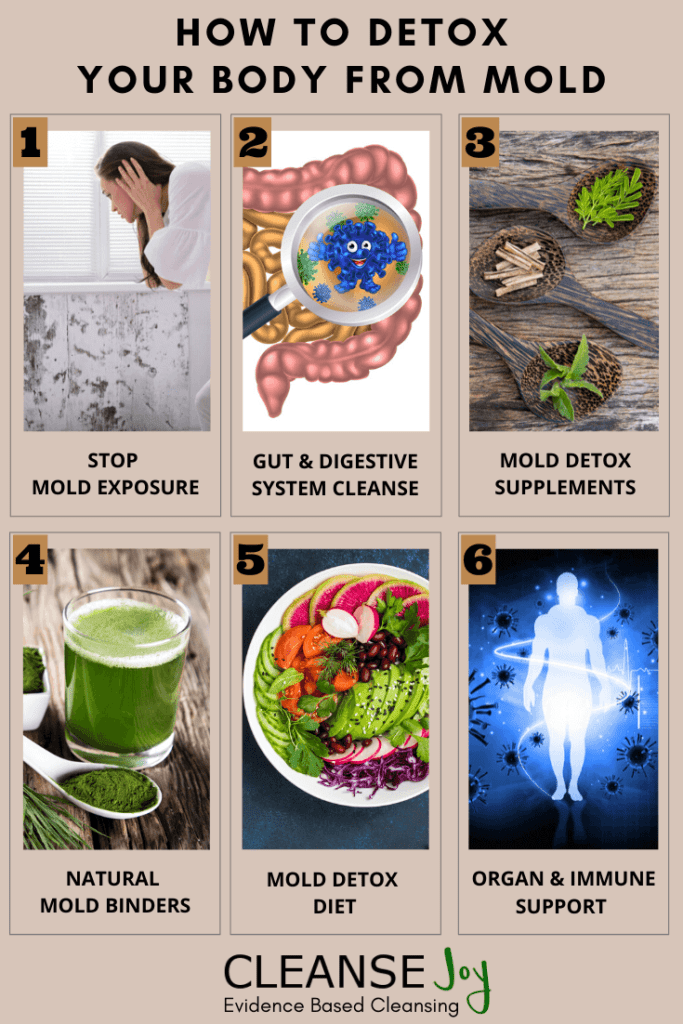

Understanding Mold Detox
What is mold detox?
Mold detox refers to the process of removing mold and its toxins from your body. When you are exposed to mold, either by inhaling its spores or through direct contact, your body may react by triggering an immune response. This immune response can cause a range of symptoms and health issues. Mold detox aims to eliminate mold from your body and promote overall healing and wellness.
Why is mold detox necessary?
Mold detox is necessary because mold exposure can have adverse effects on your health. Mold releases spores and produces toxins that can cause respiratory symptoms, skin irritation, allergic reactions, neurological issues, digestive problems, and other symptoms. Prolonged exposure or sensitivity to mold can lead to chronic health issues. Mold detox helps to address these health concerns and restore your well-being.
Factors Affecting Detox Duration
Extent of mold exposure
The duration of mold detox can be influenced by the extent of your mold exposure. If you have had prolonged exposure to high levels of mold in your environment, the detox process may take longer. Conversely, if your exposure was relatively brief or limited, the detox duration may be shorter. It is important to consult a professional to assess the extent of your mold exposure and determine the appropriate detox plan.
Individual’s overall health
Your overall health plays a significant role in determining the duration of mold detox. If you have pre-existing health conditions or a weakened immune system, your body may take longer to eliminate mold toxins compared to someone who is generally healthy. Prioritizing your overall health through a balanced diet, exercise, and good lifestyle habits can support the detox process.
Immune system strength
The strength of your immune system also affects the speed at which your body can detox from mold. A strong immune system is better equipped to eliminate toxins efficiently. However, if your immune system is compromised or suppressed, such as in cases of autoimmune disorders or certain medications, the detox process may be slower. Taking measures to support and strengthen your immune system can expedite the detoxification process.
Types of mold involved
Different types of mold have varying levels of toxicity, and this can impact the detox duration. Some molds produce more potent toxins than others, leading to more significant health effects. Additionally, certain individuals may have specific sensitivities to particular molds, further affecting the detox process. Identifying the types of mold involved in your exposure is essential in determining the appropriate detox approach.
Duration and intensity of exposure
The duration and intensity of your mold exposure can influence how long it takes to detox your body. If you have been exposed to mold for an extended period or if the exposure was particularly intense, it may take longer for your body to eliminate the toxins. Short-term exposure with lower levels of mold may lead to a quicker detox process. It is crucial to consider these factors when assessing the detox duration.
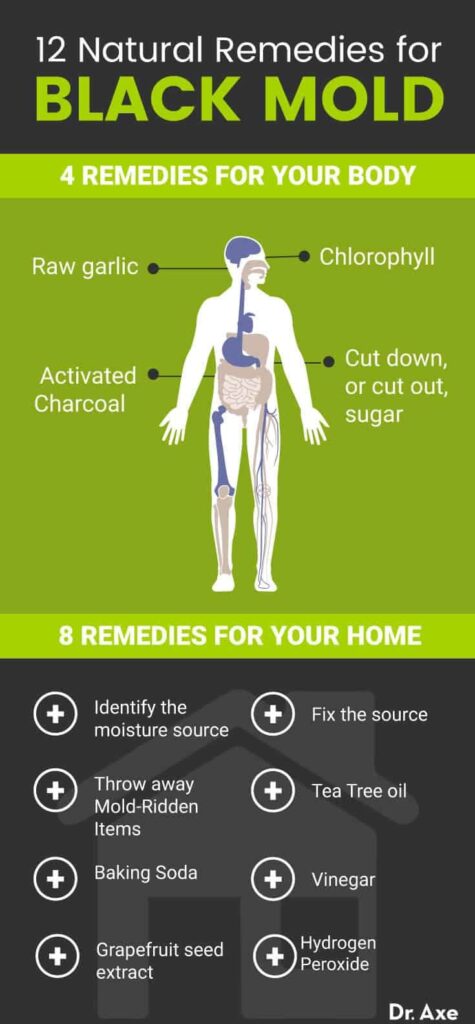

Symptoms of Mold Exposure
Respiratory symptoms
Mold exposure can cause various respiratory symptoms, such as coughing, wheezing, shortness of breath, and sinus congestion. These symptoms may persist or worsen if mold toxins are not effectively eliminated from your body.
Skin symptoms
Skin symptoms of mold exposure can include rashes, itching, redness, and hives. Some individuals may also experience skin sensitivity or increased susceptibility to other skin conditions due to mold exposure.
Allergic reactions
Mold can trigger allergic reactions in susceptible individuals. This can manifest as sneezing, congestion, watery eyes, and itching. Allergic reactions may occur immediately upon exposure to mold or develop over time.
Neurological symptoms
The toxins released by mold can affect the nervous system, leading to neurological symptoms. These symptoms may include headaches, dizziness, memory problems, difficulty concentrating, and mood changes.
Digestive symptoms
Mold exposure can also affect the digestive system, causing symptoms such as nausea, diarrhea, abdominal pain, and bloating. These symptoms may vary in severity depending on the individual and the extent of exposure.
Other symptoms
In addition to the more common symptoms mentioned above, mold exposure may also contribute to fatigue, joint pain, muscle aches, recurring infections, and general malaise. The specific symptoms experienced can vary widely from person to person.
Methods of Mold Detox
Identifying and eliminating mold sources
The first and most critical step in mold detox is identifying and eliminating the sources of mold in your environment. This involves conducting a thorough inspection of your home or workplace to identify areas of mold growth. Once identified, effective remediation techniques, such as removing affected materials and improving ventilation, should be implemented to eliminate the mold source.
Improving indoor air quality
To support the mold detox process, it is vital to improve indoor air quality. This can be achieved through proper ventilation, using air purifiers, and reducing humidity levels. Clean and well-circulated air can help remove mold spores and toxins from your environment, reducing the risk of inhalation and further exposure.
Professional mold remediation
In cases of severe mold infestation or extensive exposure, it may be necessary to enlist the help of professional mold remediation services. These experts have the knowledge, experience, and equipment required to effectively remove mold and reduce the risk of reoccurrence.
Medical treatments
In some situations, medical treatments may be necessary to aid in mold detox. Antifungal medications can be prescribed to combat mold-related infections. Immunotherapy may also be used to alleviate allergic symptoms associated with mold exposure. These medical interventions should be administered under the guidance of a healthcare professional.
Detoxification through diet
Supporting your body’s natural detoxification processes through a healthy diet can be beneficial in mold detox. Focus on consuming foods rich in antioxidants, such as fruits and vegetables, to help eliminate toxins. Additionally, staying hydrated and avoiding processed foods can assist in the detoxification process.
Supplements and natural remedies
Certain supplements and natural remedies may complement mold detox efforts. These can include herbal supplements like milk thistle and turmeric, which support liver function, as well as natural binders like activated charcoal or bentonite clay, which can help bind and remove toxins from the body. It is important to consult with a healthcare professional before starting any supplements or natural remedies.
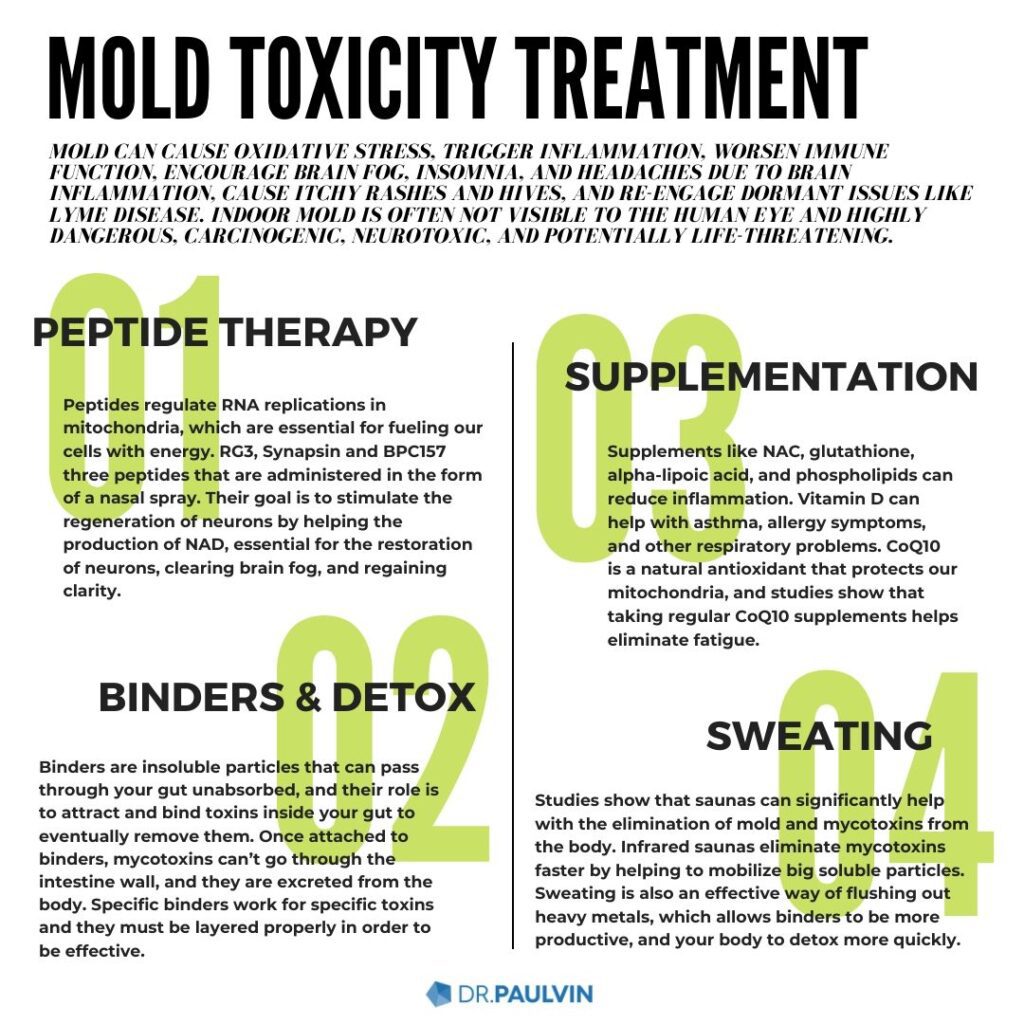

Detox Duration without Medical Intervention
Short-term exposure
If your mold exposure was short-term and the symptoms are mild or non-existent, your body may naturally detoxify within a few weeks to a couple of months. In these cases, implementing proper mold remediation and lifestyle adjustments can aid in the detox process.
Mild to moderate symptoms
For individuals experiencing mild to moderate symptoms, the duration of mold detox can range from a few months to a year. This timeframe allows for the body’s natural healing processes to eliminate mold toxins gradually. It is crucial to continue implementing detox methods and addressing any underlying health issues during this period.
Severe symptoms
In cases of severe symptoms or chronic health conditions resulting from mold exposure, the detox duration may extend beyond a year. These individuals may require more in-depth medical interventions and long-term monitoring. Patience, adherence to the detox plan, and professional guidance are essential during this process.
Detox Duration with Medical Intervention
Prescribed antifungal medications
Medical intervention involving prescribed antifungal medications can expedite the mold detox process. The duration of detox may vary depending on the severity of the infection and the individual’s response to treatment. It is crucial to complete the prescribed course of medication and follow any additional instructions provided by your healthcare professional.
Immunotherapy
For individuals with allergic reactions caused by mold exposure, immunotherapy may be recommended. This treatment involves administering gradually increasing doses of specific allergens to build tolerance and reduce symptoms. The duration of immunotherapy varies depending on the individual’s response and the severity of their mold allergy.
Supportive treatments
Supportive treatments can be used to alleviate specific symptoms and aid in the detox process. These may include medications to manage respiratory or digestive symptoms, as well as therapies such as acupuncture, chiropractic care, or massage to promote overall wellness. The duration of supportive treatments will depend on the individual’s response and ongoing needs.


Long-Term Detox Process
Ongoing monitoring and prevention
Even after completing the initial mold detox, it is crucial to engage in ongoing monitoring and prevention measures. Regular inspections of your environment for mold growth, maintaining good indoor air quality, and promptly addressing any moisture issues can help prevent future mold exposure.
Addressing underlying health issues
The long-term detox process should also involve addressing any underlying health issues that may have contributed to vulnerability to mold toxins. This may include seeking appropriate medical treatment for pre-existing conditions or adopting holistic approaches to support overall well-being.
Follow-up treatments
In some cases, follow-up treatments or additional medical interventions may be necessary to support the long-term detox process. Regular check-ups with healthcare professionals knowledgeable about mold-related health issues can help ensure that any lingering symptoms or health concerns are appropriately addressed.
Personal lifestyle adjustments
Making necessary lifestyle adjustments can facilitate long-term mold detoxification. This may involve optimizing nutrition, practicing stress management techniques, ensuring restful sleep, engaging in regular exercise, and reducing exposure to toxins in your environment. These adjustments can support your body’s natural detox processes and promote overall health.
Factors Influencing Detox Speed
Consistency in detox methods
Consistency in implementing detox methods is crucial for the speed and effectiveness of the detox process. Regularly following the recommended protocols, such as mold remediation, dietary changes, and lifestyle adjustments, can expedite the elimination of mold toxins from your body.
Individual’s commitment to recovery
Your commitment to the recovery process plays a significant role in the detox speed. Taking an active role in your health, adhering to the detox plan, and prioritizing self-care activities can positively impact the detoxification timeline.
Effectiveness of mold remediation
The effectiveness of the mold remediation measures taken is also an important factor in detox speed. Thoroughly and correctly removing mold sources in your environment reduces the risk of re-exposure and allows your body to detoxify more efficiently.
Quality of medical interventions
If medical interventions are necessary, the quality and appropriateness of the treatments can influence detox speed. Working with knowledgeable healthcare professionals and following their recommendations can enhance the effectiveness of medical interventions supporting your detox process.
Overall wellness habits
Maintaining overall wellness habits, such as managing stress, getting regular exercise, and prioritizing self-care, can contribute to a more efficient detoxification process. A healthy lifestyle supports your body’s natural detoxification mechanisms and boosts your overall resilience.
Genetic predisposition
Genetic factors can also influence the detox speed and susceptibility to mold-related health issues. Some individuals may have genetic variations that affect their ability to eliminate toxins efficiently. Personalized medical approaches that consider genetic predispositions may be beneficial in optimizing the detox process.
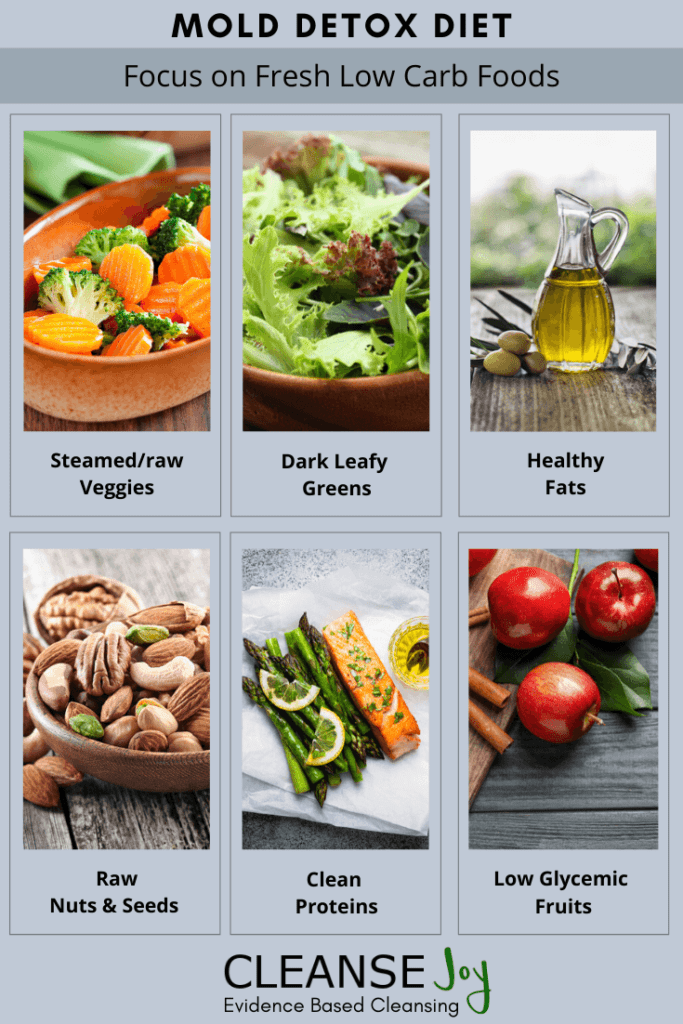

Possible Complications and Delays
Re-exposure to mold
Re-exposure to mold can lead to complications and delays in the detox process. It is essential to address the root cause of the mold growth and take preventive measures to avoid future exposure. Regular inspections, prompt mold remediation, and maintaining good indoor air quality are crucial in preventing re-exposure.
Inadequate remediation measures
Inadequate or improper mold remediation measures can hinder the detox process. If mold sources are not effectively eliminated, the risk of continued exposure and ongoing health issues remains. Engaging professional help and ensuring thorough remediation is essential for successful detoxification.
Hidden mold sources
Hidden mold sources can also cause complications and delays in the detox process. Mold can grow in unseen areas, such as behind walls or under flooring, making it challenging to detect and address. Thorough inspections and proper remediation techniques are necessary to uncover and eliminate hidden mold sources.
Compromised immune system
Individuals with compromised immune systems may experience delays in the detox process. Certain health conditions, medications, or lifestyle factors can weaken the immune system’s ability to eliminate toxins efficiently. Addressing underlying immune system issues and prioritizing immune support can help mitigate these delays.
Consulting a Professional
When to seek expert help
If you suspect mold exposure or are experiencing symptoms associated with mold toxicity, it is advisable to seek expert help. A qualified mold specialist or healthcare professional with expertise in mold-related health issues can evaluate your situation, provide guidance, and advise on the appropriate detox plan.
Choosing a qualified mold specialist
When selecting a mold specialist, it is important to choose someone with the necessary qualifications, certifications, and experience. Look for professionals who are knowledgeable about mold inspection, remediation, and the health effects of mold exposure. Reading reviews, seeking recommendations, and verifying credentials can help you find a qualified specialist.
Getting a comprehensive evaluation
A comprehensive evaluation is essential for a thorough understanding of your mold exposure and its impact on your health. This evaluation may include a detailed medical history review, physical examination, laboratory testing, and environmental assessment. Collaborating with professionals who provide comprehensive evaluations ensures a more targeted and effective detoxification process.
In conclusion, mold detox is a necessary process to eliminate mold toxins from your body and restore your health. The duration of mold detox varies depending on factors such as the extent of exposure, overall health, immune system strength, mold types, and duration of exposure. Various methods, including mold remediation, improving indoor air quality, medical interventions, dietary changes, and supplements, can aid in the detox process. The speed of detox is influenced by consistency in detox methods, commitment to recovery, effectiveness of mold remediation, quality of medical interventions, overall wellness habits, and genetic predisposition. Complications and delays may occur due to re-exposure, inadequate remediation, hidden mold sources, or compromised immune systems. Therefore, it is essential to consult a qualified mold specialist and undergo a comprehensive evaluation to determine the appropriate detox plan and ensure successful mold detoxification.

